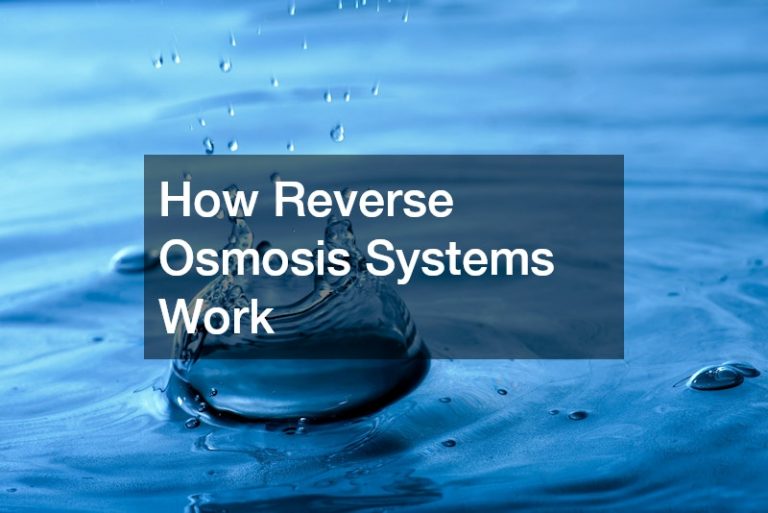
Everyone always pursues happiness, and “happiness” and “joy” are famously abstract. Every person’s idea of happiness is a little different from everyone else’s, but it can be widely agreed that there are some fairly common basics to this. One of them is to practice gratitude, being thankful for and appreciating all good things in one’s life. It may sound obvious, but in fact many people today have been conditioned to always expect more and only fixate on what they don’t yet have. This can cause envy, stress, and unhappiness, something that no one would want. The good news is that for anyone who needs it, life coaching services are available to help a person learn gratitude. Such help may increase happiness through listening to a life coach or a a business coach, not to mention a meditation book or gratitude podcasts. Americans with busy and complex lives in particular may need such help, but no one should feel foolish or ashamed for reaching out for that kind of help. Everyone deserves basic happiness and joy, and finding a personal life coach online can be a fine first step. A client might enter “personal life coach online” to get started, or specify further such as “gratitude and personal life coach online” or something like that.
Gratitude
A major part of anyone’s happiness, as mentioned above, is gratitude. And as also mentioned earlier, many Americans wind up fixating on what they don’t have, and that makes them unhappy. Why does this happen? A large part of it is social media and regular advertising. The former allows a user to see the highlights of their friends’ lives, which easily invites envy. The latter is designed to make people feel bad about not having certain products, thus encouraging a purchase. Ads aren’t there to make you happy; they try to convince you that you’re missing too many things in your life, and that nothing is ever enough. This works for marketing, to be sure, but it won’t make the customer happy in the long run.
Thus, a person can look for a personal life coach online or turn to other material to learn, or re-learn, the basics of gratitude. This means starting certain habits and dropping others. To practice gratitude, a person is encouraged to stop comparing their lives so much to that of their friends and family, and probably limit their use of social media apps and websites. What is more, a person may try to be more conscious of how materialistic their society wants them to be, as materialism means making more purchases. This can be turned on its head; someone practicing gratitude may feel good that they don’t fall for constant advertising, and instead focus on what they do have, tangible or not. Most Americans own many possessions, ranging from expensive furniture to a home entertainment system to a book collection to DVDs and game consoles, and much more besides. A person needs only a perspective shift to realize how wealthy they really are, and they can get more joy and value out of their personal collection. The same can be done for intangible goods, such as quality friendships, a partnership with a boyfriend or girlfriend or spouse, good co-workers, and more.
In fact, research is done to study how happy or not Americans are, and why. The findings show that many Americans could stand to find a personal life coach online or listen to gratitude podcasts. This is not to say that Americans are hopeless about materialism or gratitude; many people enjoy what they have. All the same, a full 16% of Americans, many millions of people, don’t feel grateful for small things in life because they report that it takes something extraordinary to make them feel grateful. And overall, some 52% of American women express gratitude regularly, and 44% of men do the same. Gratitude can be easily expressed through words, a kind note or e-mails or a kind gesture, and much more. For self-improvement, a person can keep a gratitude journal, which makes it easy to track and appreciate how much a person has to be grateful for. A person may be surprised by how much material they can put into such a journal.



